An anonymous letter addressed to „Hungarian dogs” was sent to various Transcarpathian (Kárpátalja) churches and organizations, including the Hungarian theaters, teachers’ associations, and charities—reported the Hungarian-language news forum, Kárpátalja.ma, which was also a recipient of one of these messages. The email was sent from an address dubbed „ukranianwolf” which demanded Hungarians „take their values and relatives and leave to their historical family.”
„Ukraine does not need your enclaves and communities!”—stated the letter. The nameless writer, shielded by anonymity, threatened the Hungarians with collective retaliation in order to „teach the minority to respect the Ukrainians.” A one-week deadline was set for the completion of the ultimatum.
The headquarters of the Hungarian Cultural Federation in Transcarpathia (KMKSZ) in the downtown of Uzhhorod (Ungvár) that was set on fire in the early hours on February 27,2018. This wasn’t the first incident of its kind in recent days. On August 20, the Hungarian State Foundation Day, another anonymous letter was sent from a self-professed Ukrainian nationalist, threatening the Kárpátalja.ma editors and other Hungarian organizations. This letter warned that if the Hungarian
minority would like to continue living in peace on Ukrainian soil, they must end their pursuit of a national enclave.
„You’ve managed to corrupt the Ukrainian government, but we Ukrainian patriots see it clearly. We will start sabotaging and attacking your towns, villages, and schools until the ideology of creating a Hungarian district ceases.
—threatened the letter—Your safety is in your own hands. If you want to minimize the number of local Hungarian victims, urgent measures must be taken as soon as possible to put an end to anti-Ukrainian initiatives in Transcarpathia!”
-- the “Ukrainian patriot” concluded his threats. As far as we know, the organizations involved will press charges together; the police website states that an investigation has been launched.
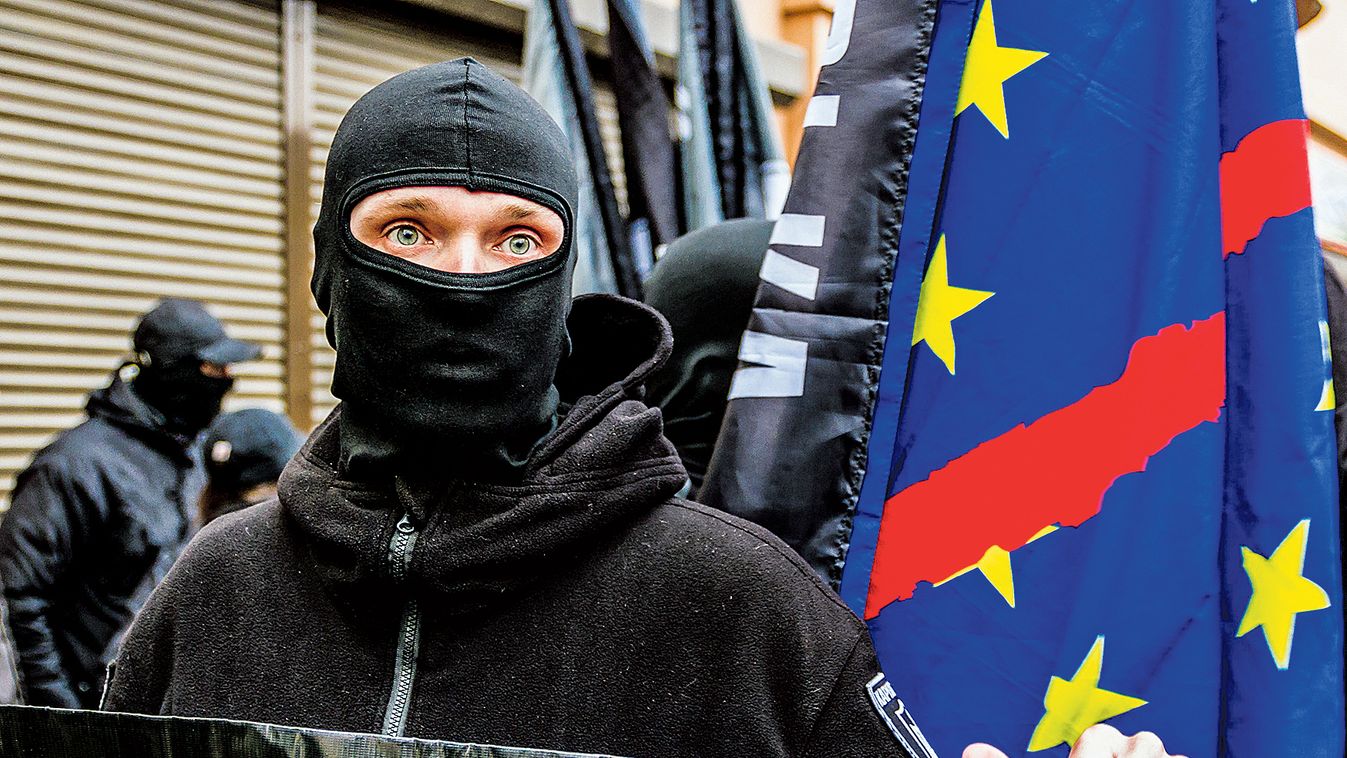



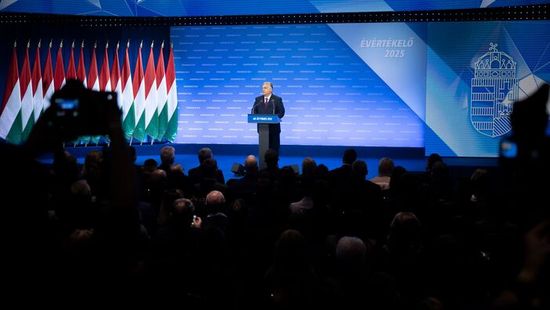

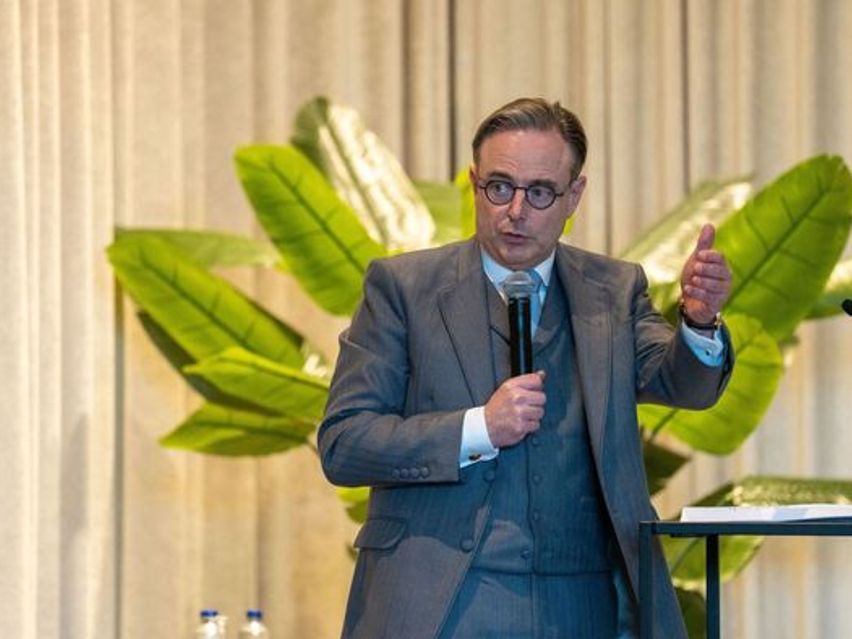





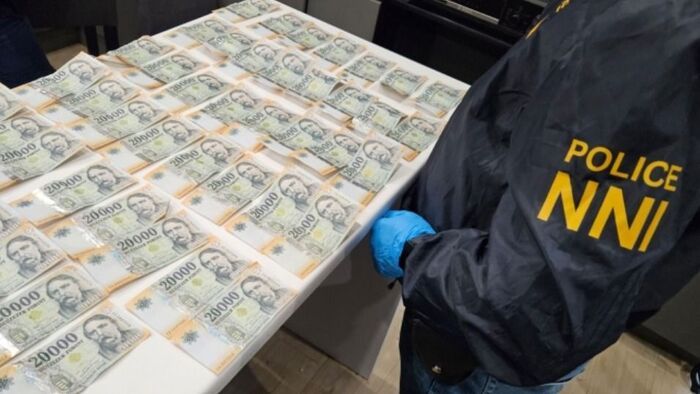
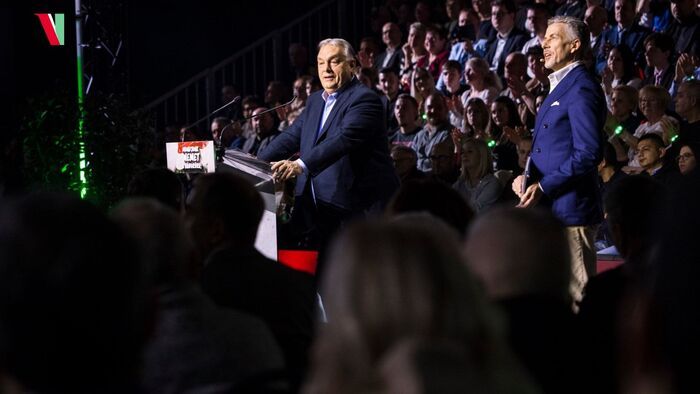
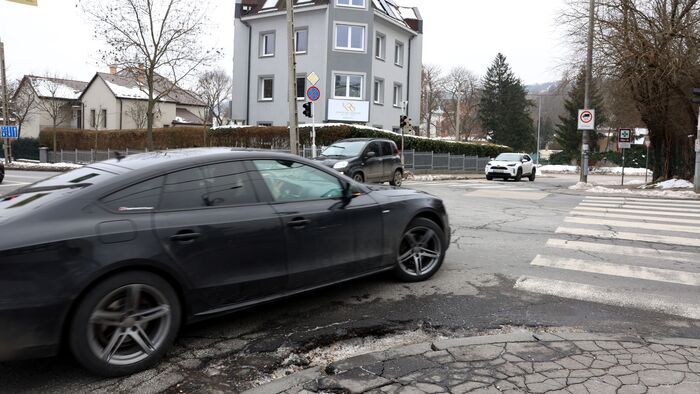
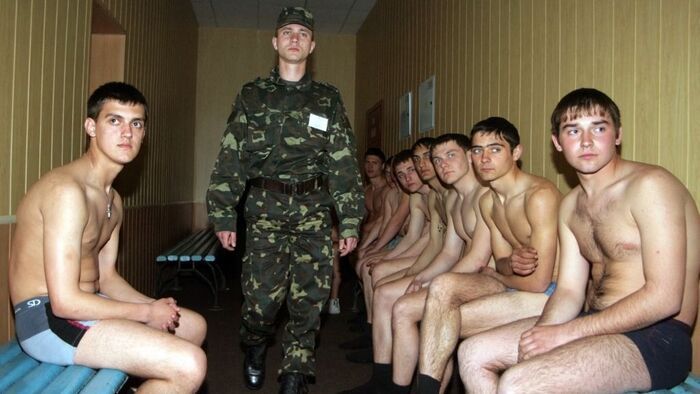
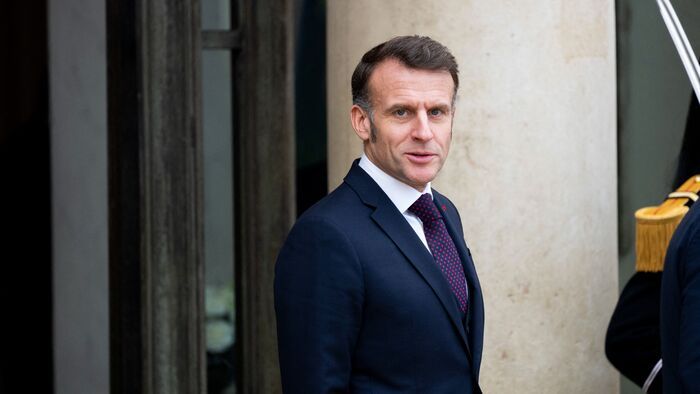
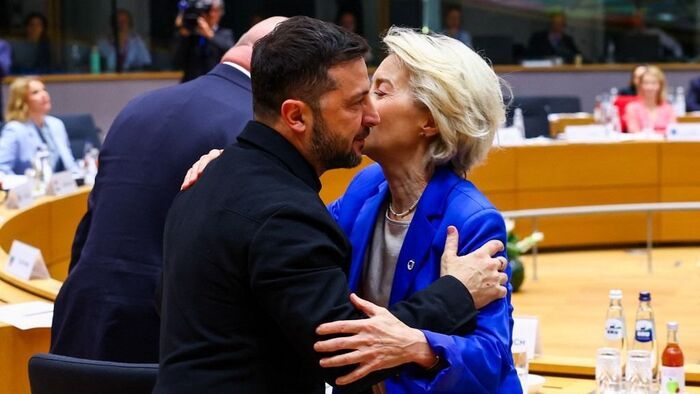





Szóljon hozzá!
Jelenleg csak a hozzászólások egy kis részét látja. Hozzászóláshoz és a további kommentek megtekintéséhez lépjen be, vagy regisztráljon!